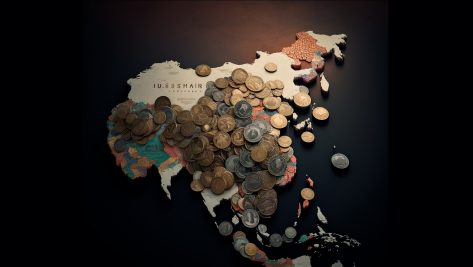The tourism industry is at a pivotal juncture, with new destinations popping up around the world and others solidifying themselves. This opens the door to quite a few countries, depending on their ability to create value for tourism. Premium tourism may be the most demanding, but it also generates the most revenue. Thus, it behooves everyone involved to develop a strategic and competitive offer to attract this type of traveler.
The Customer Journey of the Premium Traveler, a study conducted by the Premium Travel Lab, set out to understand the differences in behavior between premium travelers and the more conventional or standard tourists. The research analyzes what inspires them, how they select a location and how they interact with their tourist preferences. It is also important to dispel a number of myths that circulate around this type of market.
The premium segment largely looks for information online. Given that, travel agents now play a much lesser role than one might expect.
Inspiration and sources of information
During the preparation phase of the trip, the premium segment largely looks for information online. Given that, travel agents now play a much lesser role than one might expect. Surprisingly, eight out of ten sources consulted are online, with TripAdvisor topping the list. In fact, during the inspiration phase, premium travelers review far more sites than standard travelers; they research more and are more discerning when it comes to choosing destinations. According to 35% of premium travelers and over half of standard consumers, the Internet has virtually everything they need to plan a trip.
Another debunked myth has to do with the purpose of the trip. One might think that premium customers are more likely to pursue cultural interests when choosing a destination. But they, too, prefer sunny beach getaways. Although that’s not to say culture isn’t important, as shown by the 80% who claim to take it into account. Compared to mass tourism, premium consumers place more importance on factors such as the hotel chain, shopping options and being able to fly their preferred airline.
These preferences denote the importance of brands and their relationship with premium consumers as a key motivator when deciding between one place and another; this is good news for organizations that specialize in branding and travel marketing.
Differentiating factors for choosing accommodations
Premium consumers tend to take more family trips, which means putting together a more varied package. With that in mind, they seek—in this order—the best hotel location, biggest rooms and high-quality services. After those three key considerations comes the friendliness of the service and the feeling of being at home.
Comfort and having a variety of services are also important factors, since premium guests tend to be active in the demand for activities around their trip. Likewise, health and wellness are also important, along with shopping, sports, dining and nightlife.
Nearly half of all premium tourists bring a tablet or laptop on their trips.
More digital clientele
Premium tourists are adopters of new technologies and disruptive business models, so it’s indispensable to take full advantage of opportunities along those lines. Generally speaking, nearly half of these users bring a tablet or laptop on their trips and also rely heavily on their smartphones.
Interestingly, this openness to all things new has given rise to new offerings for this segment by Airbnb and other key players in the collaborative economy, which are increasingly drawing applause from consumers with high purchasing power.
Premium travelers also play a notable role as influencers, by being increasingly active on social media during their holidays. Given that, tourism operators should treat these platforms as another vital outlet for realizing their strategy.
About the research
- 2,175 interviews with people aged 16 or older.
- Countries analyzed: Spain, United Kingdom and United States.
- Sponsored by MasterCard in collaboration with Google.
- Conducted by consultant Jörn Gieschen of the Premium & Prestige Business Observatory at IE Business School.
© IE Insights.











